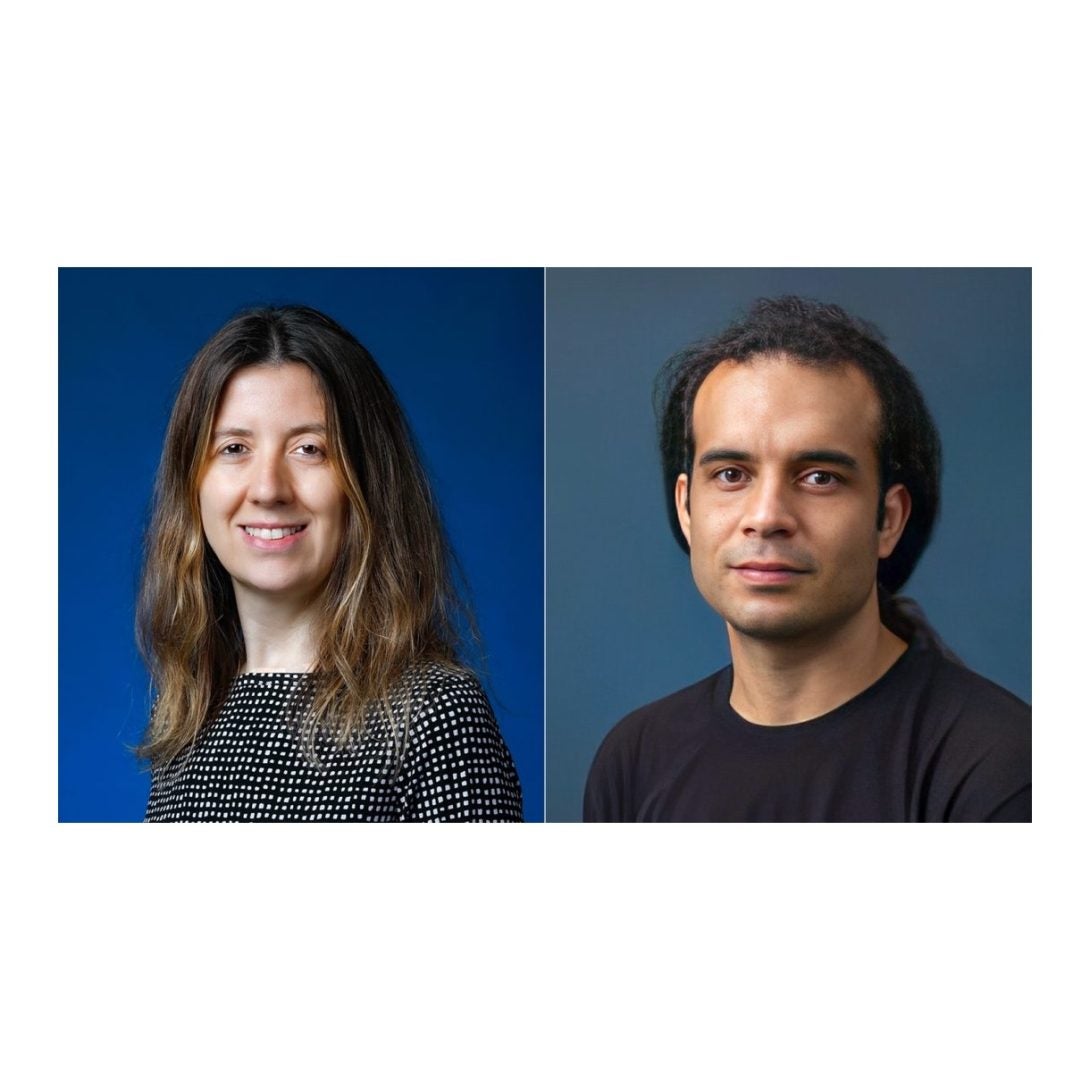Seferoglu, Koyuncu receive Army award to improve tactical networks
Seferoglu, Koyuncu receive Army award to improve tactical networks

Professor Hulya Seferoglu and Associate Professor Erdem Koyuncu are the recipients of a $1.4 million U.S. Army Research Laboratory award to design dynamic, adaptive, and swift algorithms at the resource-constrained edge networks to improve the speed and accuracy of artificial intelligence (AI)-based solutions.
The project, “DAST: Dynamic, Adaptive, and Swift AI at the Resource-Constrained Tactical Networks,” is the next chapter of a long-term collaboration between Seferoglu, Koyuncu, and Associate Professor Salem El Rouayheb of Rutgers University, who will receive a $466,666 share of the award.
Machine learning and artificial intelligence are critical to present and future Army systems. As algorithms become more complex, they can make predictions and associations between inputs and outputs with fewer mistakes. All this computation requires immense computing power, something that’s in short supply in combat.
Army computers may be handling global maps, navigation, and obstacle detection and avoidance inside tactical autonomous ground vehicles, and they need to do so in real time with high accuracy. Additionally, these network components are resource-constrained—they are often mobile devices which are distributed, intermittent, and disconnected.
By pooling the resources and capacity of several edge devices and distributing tasks, computations can be completed more quickly. Several devices, each handling part of the effort, can efficiently do the work that would take one device a lot of time.
These algorithms will also be deployed in hostile combat environments, becoming easy targets for adversarial attacks, adding another difficulty to maintaining communication.
“The connectivity of these edge computing devices can be interrupted or disconnected, so all algorithms will be designed to adapt to the changing scenarios,” Seferoglu said. “The dynamicity of networks and adaptiveness of our algorithms are at the core of this project.”
Seferoglu and Koyuncu are focused on making the algorithms more stable and reliable so they will work despite disruptions and interruptions to the network, where unpredictable behavior is more amplified.
The research will have applications outside of the military. Audio and image processing, as well as large language models, are also able to take advantage of edge networks, so finding ways to improve distributed computation will be beneficial in civilian settings as well.
“These applications are becoming a part of our daily lives,” Seferoglu said. We will also design algorithms that make moving data from one point to another easier and more efficient.”
The award period for this grant is from August 30, 2024, to August 29, 2026.